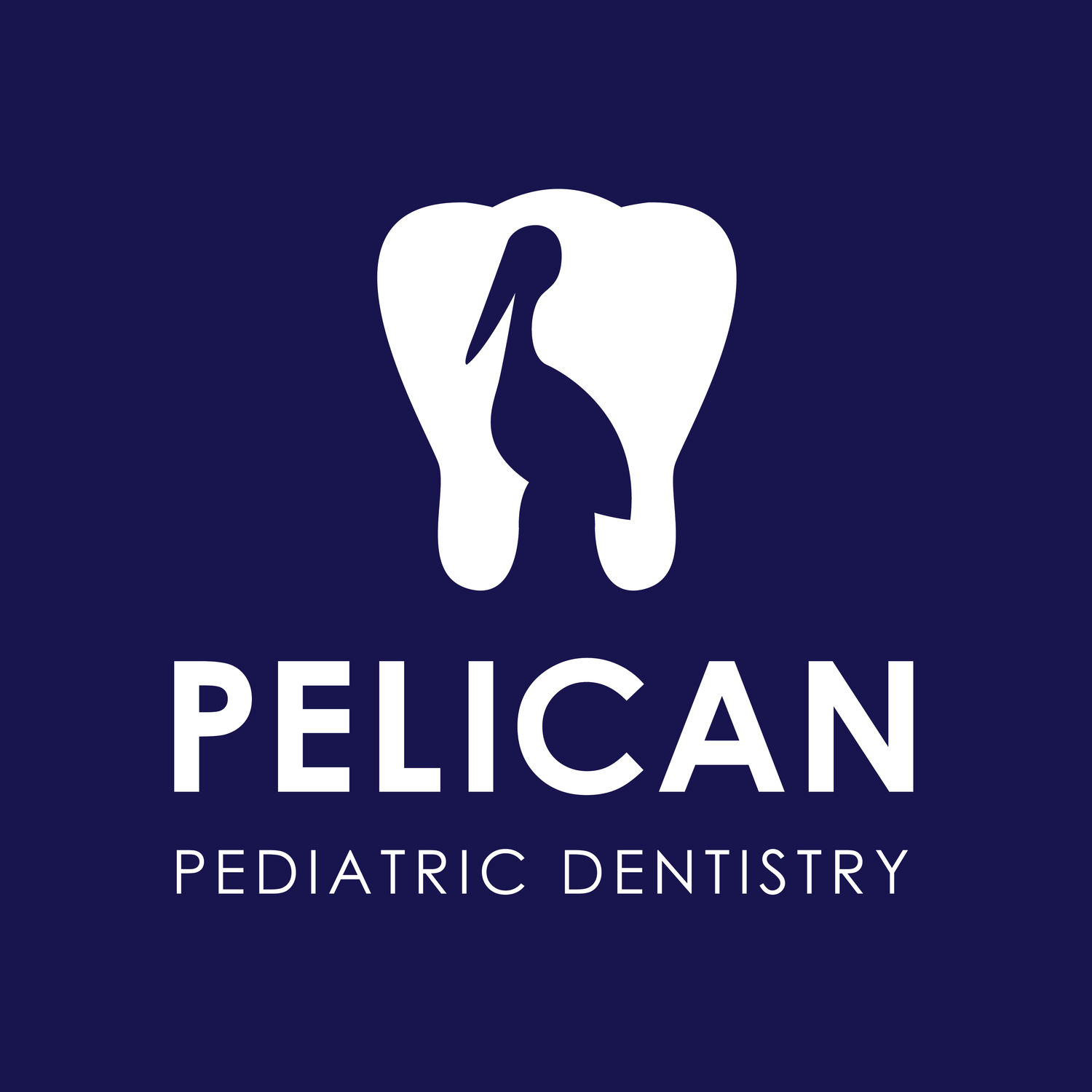In honor of Dental Health Month we're talking about our insights into oral and dental care for infants, toddlers, young children. Navigate through their 1st tooth and teething, all the way to their full set of baby teeth. A proactive approach helps to lay a healthy foundation!
Before teeth emerge
When should I start cleaning my baby’s mouth?
Oral care starts in infancy. Use a clean, damp washcloth or gauze pad after each feeding to wipe the baby’s tongue and gums. Once a tooth starts to emerge, then a finger toothbrush or a soft, small toothbrush can be used. Beginning this practice right as teeth arise help to control the bacteria that starts forming during teething.
How do I care for my baby’s first tooth?
Teething babies may also enjoy cold washcloths, so gently wiping their gums with these cloths can be both therapeutic and can also help the baby get used to the idea of teeth cleaning. As recommended by the American Dental Association, a smear of fluoride toothpaste should be used when teeth begin to emerge.
Teething
Many children will have their full set of primary baby teeth by the time they reach three years old. While babies and toddlers might not have the full dental care routine adults do, it is important to keep in mind that baby teeth need to be taken care of, as some might not be replaced until the child is as old as 12 or 13. It’s also important for children to have good oral care, even as children, because this will help to keep their gums and mouth healthy as they develop.
How should I brush my teething child’s teeth?
Once a child’s teeth are emerging they can upgrade to a pea-sized amount of child-friendly fluoride toothpaste. As a child gets more comfortable with brushing their teeth, begin introducing floss. Floss can be used with supervision for children who have two or more touching teeth.
Preventing decay
Avoiding common causes of tooth decay is one of the easiest oral and dental care tasks you can engage in with your young child.
· Avoid sugary drinks: A majority of their liquids should be water, formula, or breast milk; refrain from filling bottles with sweetened water, juice, or soda. Limiting the amount of sugary and acidic drinks helps to keep their oral and dental health strong even when they are not immediately rinsing or brushing afterwards.
· Withhold bottles at bedtime: Similar to the effects of a pacifier, long-term exposure to bottles can inhibit tooth and oral decay. Instead, offer a bottle before naps or bedtime.
· Refrain from dipping pacifiers: The timeless trick of dipping a child’s pacifier in sugar or honey could warrant quick results, but end up encouraging long-lasting tooth decay. If pacifiers are dipped, it is best to brush their teeth afterward to control bacteria growth.
Keeping all of this in mind should help to keep your child’s oral and dental health in check before their first appointment, which we recommend scheduling after their first tooth emerges. To make an appointment over the phone, call us at (337) 369-7654
At Pelican Pediatric, children’s dental and oral well-being is our #1 priority. We work with children of all ages and abilities, and would be happy to be part of your child’s pediatric dental journey!

